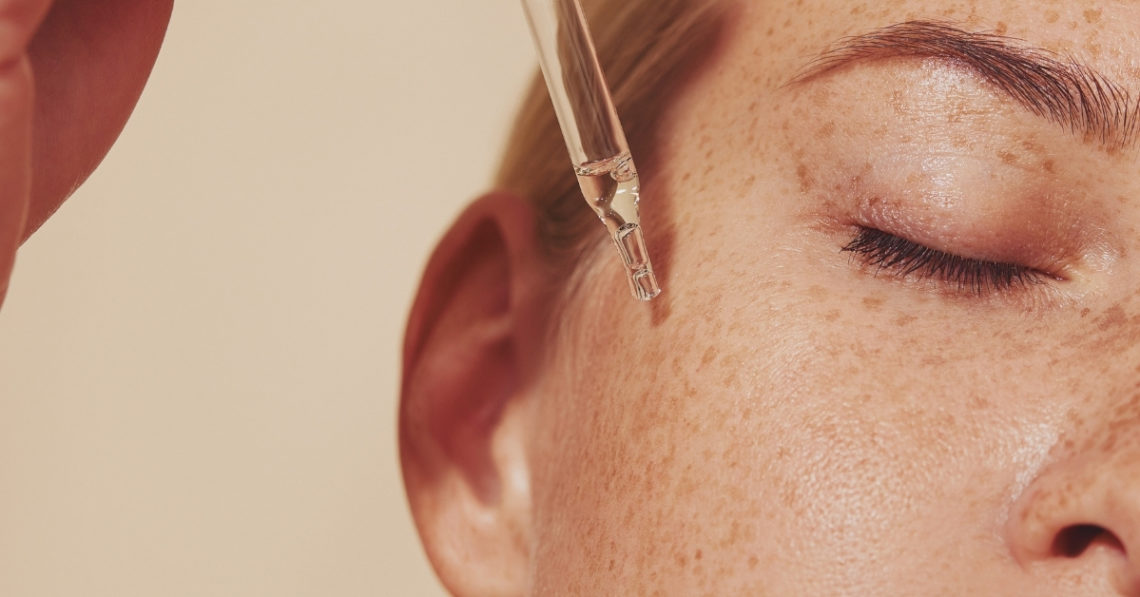Standing in a skincare aisle surrounded by 300 serums that all promise perfect skin is enough to make anyone give up. After decades of mixed advice and marketing overload, a major new study has finally sorted out which ingredients are worth using—and most of them aren’t trending.
Researchers from Northwestern University surveyed 62 leading cosmetic dermatologists across 43 institutions. Their findings, published in the Journal of the American Academy of Dermatology, trimmed 318 ingredients down to just 23 that earned consistent support for treating common skin concerns.
At the top of the list are retinoids, the vitamin A derivatives that earned their place long before skincare became trendy. More than 96 percent of dermatologists recommended them for aging, acne, and dark spots. Whether it’s prescription-strength tretinoin or drugstore retinol, these compounds increase cell turnover and boost collagen, making them effective for everything from fine lines to oily skin.
Dermatologists Finally Agree on What Works for Your Skin
Daily sunscreen also ranked as essential. Nearly every expert backed mineral sunscreen for wrinkle prevention and redness, while chemical formulas came in just behind. Dermatologists now emphasize prevention just as much as treatment, and nothing protects the skin more reliably than SPF.
Missing from the approved list are the flashy ingredients often seen on influencer pages and luxury labels. Peptides, DNA repair enzymes, and growth factors failed to earn enough support, largely due to weak clinical data. The study highlights how marketing hype often outpaces science, especially in the beauty world.
Other long-standing ingredients earned high marks for specific concerns. Benzoyl peroxide and salicylic acid were confirmed as top choices for acne. Hydroquinone, kojic acid, and tranexamic acid received strong support for treating dark spots. For dry skin, dermatologists backed basics like petrolatum, ceramides, hyaluronic acid, and urea, ingredients that show up more often in plain packaging than designer bottles.
Even green-tinted products, which use color theory to neutralize redness, outperformed many of the so-called next-gen actives in terms of expert approval.
The study used a structured evaluation process to ensure only ingredients with meaningful evidence made the cut. Nearly all the top picks were supported by published research, and affordability played a role as well.
For anyone overwhelmed by complicated routines and expensive promises, this research offers something rare in the skincare world: clarity. The best results often come from simple, consistent products backed by real science—not that chick on TikTok.
The post Dermatologists Finally Agree on What Actually Works for Your Skin appeared first on VICE.




